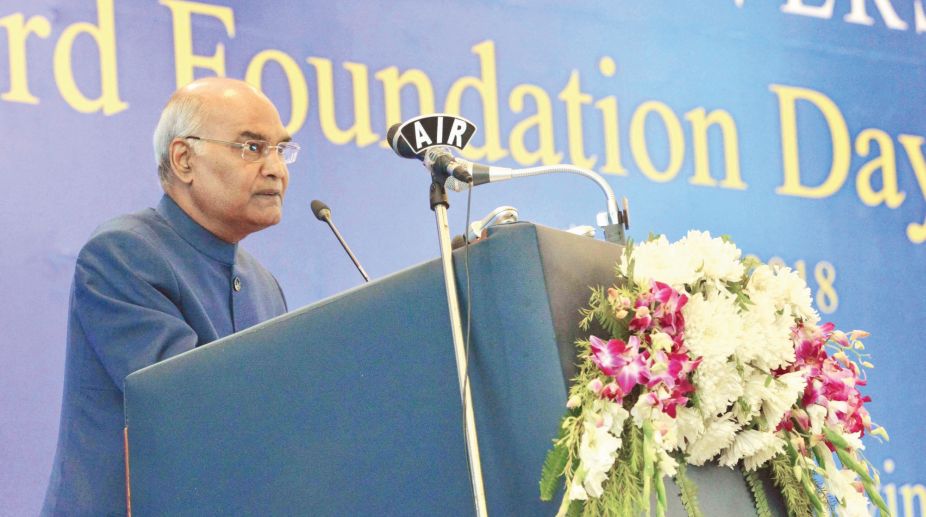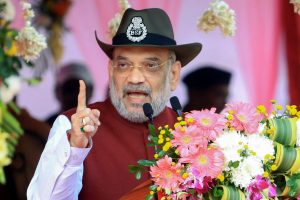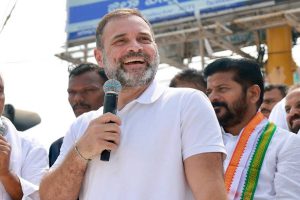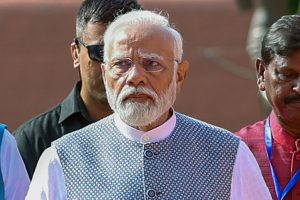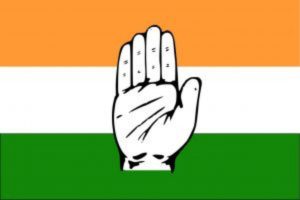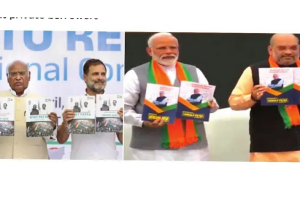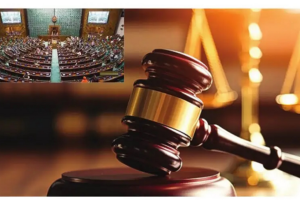It would be a travesty of our republican ethic if a poor person did not get the same access to law as a rich person. Unfortunately, in practice this is happening, said President Ram Nath Kovind while urging students of National Law University, Odisha, to be good legal professionals with the heart to do whatever they could to pay back to society.
The delays, expenses for litigants and access to the poor are issues for the emerging generation of lawyers to ponder and to rectify in the course of their careers, he said. “The opportunities and rewards of this profession – both intellectual and financial – are enormous. And this is welcome. But a good legal professional is not just somebody with a mind – he or she is also somebody with a heart,” he said.
Addressing the 3rd Foundation Day function of the NLU, Odisha, the President touched upon several aspects – evolving technology, regulation, privacy, etc. Over the past three decades, law universities have revolutionised legal education in India, he said.
As the Indian economy has grown, the legal profession too has expanded. Commercial and business law have become more important, complex and intellectually stimulating, noted the President.
Trade and commerce, international agreements and even the craft of diplomacy increasingly turn to lawyers and legal minds for negotiations and skilled drafting of texts, Kovind said. Arbitration and the globalisation of legal services, through mechanisms such as outsourcing, have also linked today’s lawyers with the rest of our planet, he said.
He spoke of the dynamic and evolving technological environment and felt in the years ahead, legal teaching institutions, as well as practitioners, will have to meet many more such challenges.
Lawyers will have to create rules and legal frameworks for outer space, for the Fourth Industrial Revolution and for Artificial Intelligence, the President said. They will have to write laws for new equations between humans and machines, whether driverless cars or innovations in agriculture and medicine, he added.
“Over the years, our understanding of law and its applications has become larger as well as more sophisticated. The nuances of privacy and of individual choice; the deeper interrogation of the concept of rights and responsibilities; and the search for the happy mean between space and autonomy for innovation and regulation for the greater common good in fields such as biotechnology and communication technology are all examples,” said the President.
There is a need to enhance legal literacy and simplify legal rules – as well as for the quick availability of certified translated copies of High Court judgements in the local language of the state or region, he said.
Chief Justice of India Dipak Misra stressed upon the importance of the foundation day as a mark of remembrance and to introspect on the future. While graduating from the university, students should become cornerstones of liberty, justice and equality, he said.
Chief Justice of Orissa High Court, Justice Vineet Saran, spoke about the different phases of NLU Odisha’s journey. Governor S C Jamir, CM Naveen Patnaik and Union Minister Dharmendra Pradhan were present.

